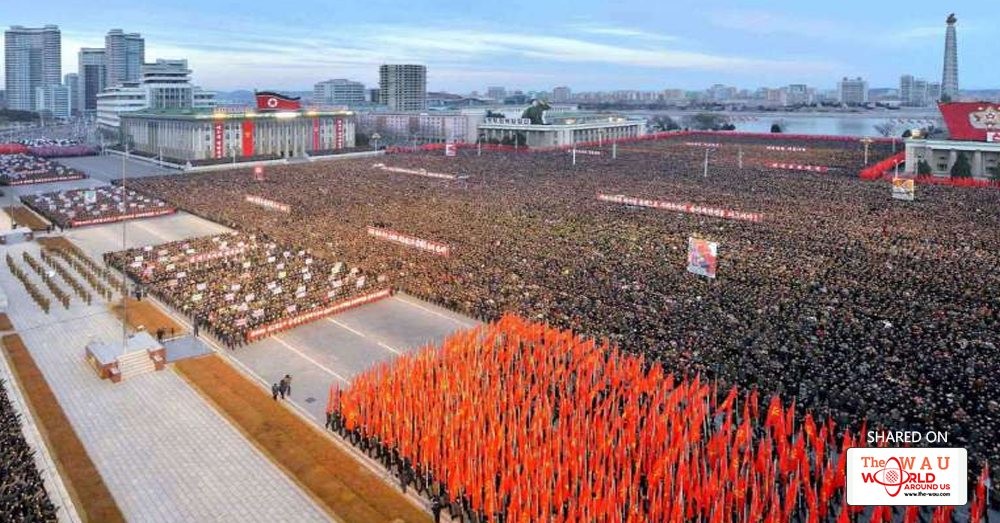US Defence Secretary James Mattis and his South Korean counterpart agreed during a phone call on Monday (Jan 30) to strengthen their defence against "the evolving North Korean threat", the Pentagon said, amid reports the North may be preparing a new missile test.
Gen Mattis, who is to visit South Korea on Thursday, reaffirmed to South Korean Defence Minister Han Min Koo the US commitment to defend the country and "provide extended deterrence using the full range of US capabilities", the Pentagon said in a statement.
The South Korean Defence Ministry said in a statement the two sides had agreed to deploy the Terminal High Altitude Area Defense (Thaad) system in South Korea as planned to defend against North Korea's nuclear and ballistic capabilities.
China has objected to Thaad, saying it will destabilise the regional security balance, leading to calls from some South Korean opposition leaders to delay or cancel it.
Gen Mattis' visit to the region comes amid reports that the North may be readying to test a new ballistic missile in what could be an early challenge for of US President Donald Trump's administration.
The North also appears to have restarted operation of a reactor at its main Yongbyon nuclear facility that produces plutonium that can be used for its nuclear weapons program, according to a US think tank.
North Korea has carried out a series of nuclear and missile tests in defiance of UN sanctions. It conducted its fifth nuclear test in September. North and South are technically still at war because their 1950-53 conflict ended in a truce, not a peace treaty.
Gen Mattis also met Jordan's King Abdullah at the Pentagon and expressed his deep appreciation for Jordan's contributions to the fight against Islamic State in Iraq and Syria, the Pentagon statement said.
Share This Post















